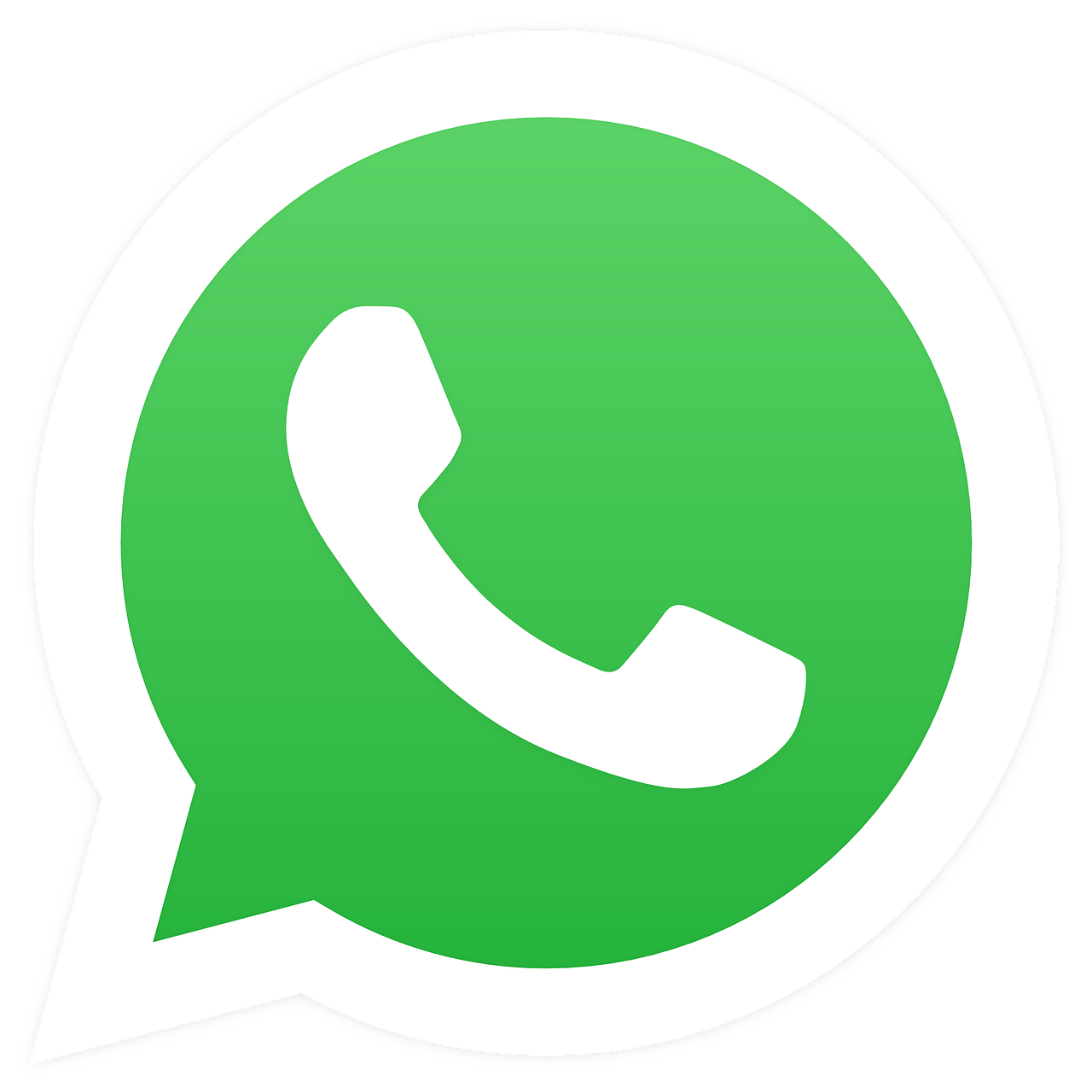Equipment Repair User Guides

1.Introduction,Equipment Repair User Guides
Fireworks firing systems are complex pieces of equipment that require specialized knowledge and skills to repair. This guide provides basic information on maintenance and troubleshooting, but it’s important to note that it cannot replace professional training or manufacturer-specific instructions. Always prioritize safety when working with fireworks equipment.
2.Safety First
- Power Off: Before any repair, ensure the system is completely powered down.
- Protective Gear: Wear appropriate protective gear, such as insulated gloves and safety glasses.
- Fire Extinguisher: Have a fire extinguisher readily available.
- Professional Help: If you’re unsure about any repair, consult a professional.
3.Common Tools
- Precision Screwdriver Set: For disassembling and assembling screws.
- Pliers: For gripping and cutting wires.
- Multimeter: For measuring voltage, current, and resistance.
- Soldering Station: For soldering electronic components.
- Heat Gun: For removing and installing certain electronic components.
- Equipment Repair User Guides
4.Common Issues and Troubleshooting
- Power Supply Issues: Check power cords, plugs, fuses, and switches.
- Controller Malfunctions: Inspect the controller’s circuit board, LCD display, and buttons.
- Ignition Module Failures: Check the ignition module’s circuit, capacitors, and transistors.
- Signal Transmission Issues: Inspect signal wires, connectors, and antennas.
- Battery Issues: Check battery voltage, capacity, and connections.
5.Repair Steps
- Fault Diagnosis: Accurately identify the cause of the malfunction.
- Disassembly: Carefully disassemble the equipment according to the manual.
- Component Inspection: Use a multimeter to check for damaged components.
- Component Replacement: Replace damaged components with the correct replacements.
- Assembly: Reassemble the equipment following the manual.
- Testing: Test the equipment in a safe environment.
6.Repair Precautions
- Static Electricity: Electronic components are sensitive to static electricity. Take anti-static precautions.
- Soldering Techniques: Use the correct temperature and time for soldering to avoid damaging components.
- Data Backup: If the equipment has storage, back up important data.
- Repair Records: Keep a record of repairs and replaced parts.
7.Equipment Maintenance
- Regular Inspections: Regularly inspect the equipment for signs of wear or damage.
- Cleaning: Clean the equipment with a soft cloth to remove dust.
- Storage: Store the equipment in a dry, cool place.
- Avoid Collisions: Protect the equipment from impacts and vibrations.
Seek Professional Help
If you encounter complex issues or are unsure about a repair, consult a professional. Professionals have the experience and tools to diagnose and fix problems effectively.
Conclusion
Repairing fireworks firing systems requires specialized knowledge and skills. Always prioritize safety and follow manufacturer instructions. If you are unsure about any repair, seek professional help.
Note: This guide provides general information and is not a substitute for specific equipment manuals. Always refer to the original user manual for detailed instructions.
Would you like more specific information about a particular type of fireworks firing system or a specific issue you’re facing?
Please provide more details about the system you’re working on and the problem you’re encountering.

